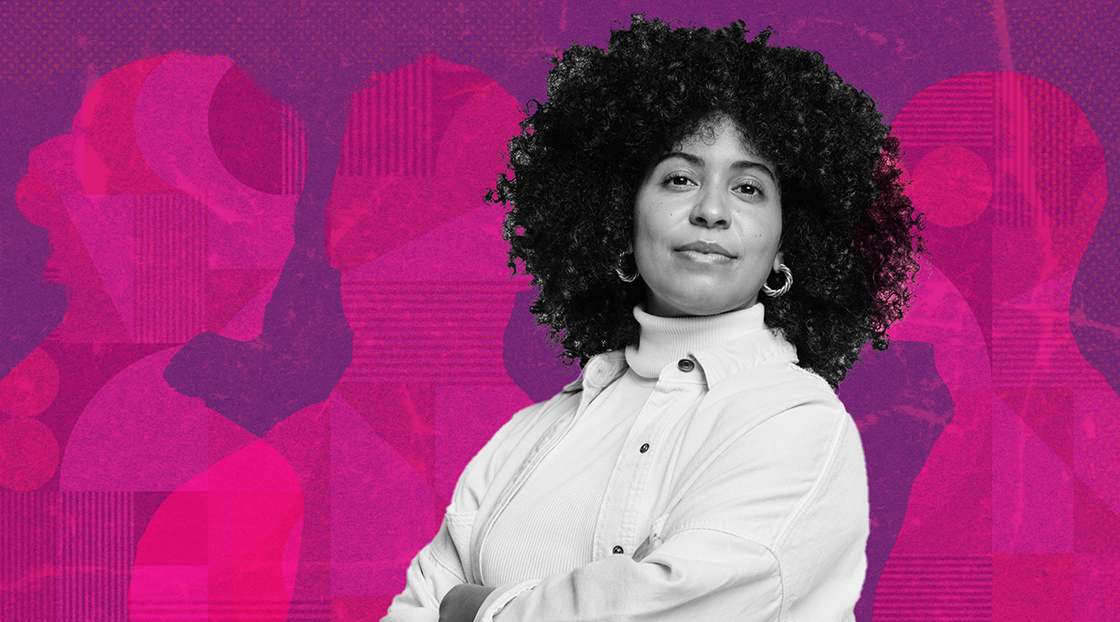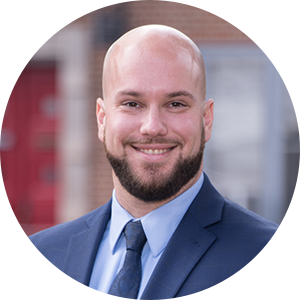As higher education professionals, many of us are dedicated to ensuring a diverse, inclusive, accepting and welcoming environment for students, families, staff and faculty across campus. At the same time, we’re in the midst of state efforts to limit or eliminate diversity initiatives on campus.
According to The Chronicle of Higher Education’s DEI legislation tracker, 85 anti-DEI bills in 28 states have been introduced since 2023, with 13 becoming law. The proposed bills would limit everything from offices and staff to training, diversity statements and identity-based preferences for hiring and admissions.
As marketers, it can feel as though we don’t have much power to ensure our campus community feels welcomed and accepted on our campuses, but you may have more influence than you think.
Traditional marketing strategies were often limited to showcasing diverse student bodies through imagery and other content. However, as we dig deeper, it becomes clear that marketing’s influence in DEIB initiatives extends beyond visual representation and messaging.
Ensuring Authentic Experiences
In recent years, I have seen marketing’s role in DEIB on campus evolve by aligning student experience with marketing messaging. As marketers, we have a responsibility to ensure the message we are communicating to students about the experience they will have on campus aligns with the experience they are having.
For example, consider whether you have the resources to support a more diverse audience. Some of these resources include but are not limited to:
- number of bilingual admissions representatives or staff members for increased Latinx student recruitment,
- flexible class scheduling,
- support staff available after business hours for adult learners, or
- ensuring veteran and military populations have support services.
It’s important for marketing to participate in these discussions because misaligned messaging and student experience can harm an institution’s reputation and key business objectives. Moreover, marketers and institutions have an ethical responsibility to prioritize student success, and failing to provide proper resources to support students once they are on campus is a failure of that responsibility.

Beyond Marketing Imagery
Inclusive marketing goes far beyond imagery. Marketers must ensure their teams are equipped with knowledge and cognizance to communicate constantly to audiences equitably and inclusively.
A deeper look at our marketing materials includes ensuring all social content is accessible. Websites should have proper alt-text and other tools to allow those with impaired vision to use the site colors and design are accessible and should be translated into multiple languages and reading levels.
You should write the content at an accessible level that all potential visitors can understand. In doing so, ask yourself and your team the following questions — among many others — daily, if not more frequently.
- Are you captioning videos?
- Are you using image descriptions on social platforms that don’t provide built-in image alt text?
- Are you avoiding hyperlinking words like ‘here’ in your marketing copy?
- Are you providing a more in-depth description of the linked content?
Cross Campus Collaboration
As marketers, we are blessed to work with experts in a seemingly countless number of fields. For many of us, those fields include subject matter directly related to DEIB efforts in our marketing. Building, nurturing and developing experts with your diversity office and other offices around campus, such as religious life, disability services, veteran’s affairs and more, can prove invaluable when considering DEIB in marketing.
Your job can be more manageable when you lean on others to help craft statements, write social copy, create new materials and communicate equitably and inclusively. Often, we’re asked to be experts in many fields, and cultivating relationships with the real campus experts is prudent.
Authentic messaging, collaboration between campus departments, and an inclusive environment are crucial. Our unique position allows us to lead campus transformation into a space where diversity is valued and supported.







